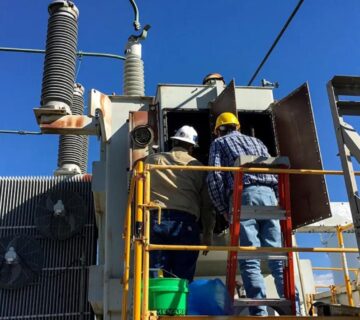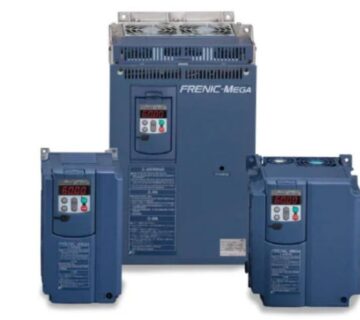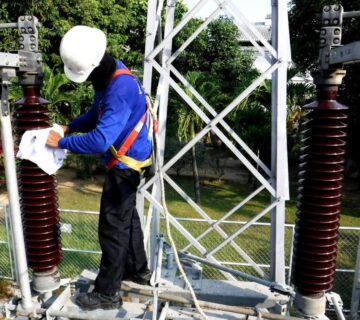What Is an Energy Audit?
An energy audit is a systematic inspection and analysis of energy use in a facility. It identifies where, how, and why energy is being wasted. For Malaysian factories, offices, or even government buildings, audits are key to complying with national sustainability goals and reducing electricity bills.
The Process of Conducting an Audit
A professional auditor collects data on energy consumption, performs on-site inspections, and uses tools to measure system efficiency. Detailed reports include recommended upgrades such as lighting replacements, HVAC optimization, or insulation improvements.
Hidden Savings Opportunities
Energy audits often reveal unexpected inefficiencies. For example, a simple switch from old fluorescent lighting to LED can save up to 40% of energy. Similarly, fixing air leaks in compressed air systems can significantly reduce waste in manufacturing plants.
Cost and ROI in the Malaysian Context
In Malaysia, energy audits are affordable compared to the potential savings they generate. Some companies recover their investment within one to two years. Government grants and incentives also encourage participation under Malaysia’s Green Technology Master Plan.
Choosing a Qualified Energy Auditor
Select an auditor certified by the Energy Commission of Malaysia (Suruhanjaya Tenaga). Check their past projects, technical knowledge, and ability to provide actionable reports rather than generic recommendations.
Conclusion
Energy audits are more than compliance—they’re a smart investment. By understanding your energy usage patterns and acting on expert recommendations, Malaysian businesses can improve efficiency, lower costs, and reduce their carbon footprint.








No comment